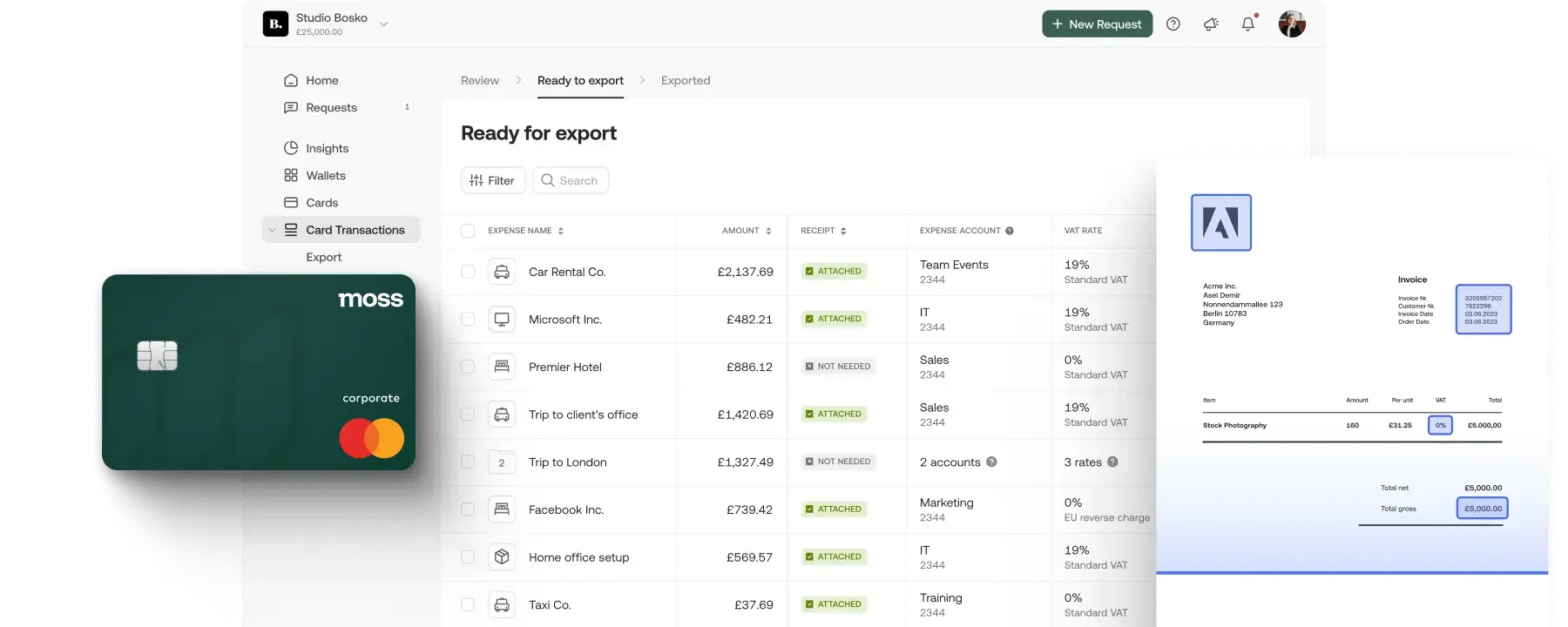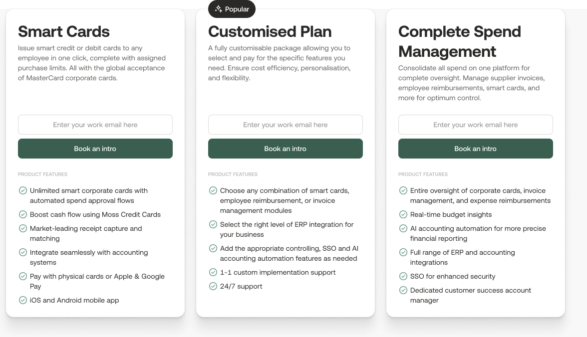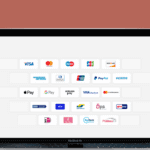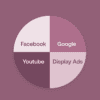Many businesses believe there’s a magic number for their marketing and advertising budgets. Search online for this magic number and you’ll find lots of different figures, usually framed as percentage of revenue. But the reality is that ideal marketing and ads spending is dependent on the specifics of your brand. The amount of money companies spend varies massively from industry-to-industry and business-to-business.
Marketing and ads spending is now increasing after a sharp pandemic-related dip. In 2023, Deloitte predicts that average marketing spend will be up 3.9% compared to the past two years. Budgets continue to shift towards digital advertising channels and social media, while spending on traditional advertising channels will decrease by 0.7%.
Unfortunately, the processes behind digital ads are notoriously lacking in transparency. This means that, regardless of how much your business is spending, it’s essential to optimise every aspect of your marketing operation—particularly ad spend. In this guide we’ll cover four different ways businesses can streamline their ads spending to get more from their marketing budget.
1. Streamline processes

Ad spend is typically one of the largest single components of a marketing budget. Most SMEs spend many thousands of dollars on ads each month and, according to Google, nearly two thirds of small businesses use online ads to reach new customers.
But the money businesses put into running ads, i.e. bidding on impressions on consumers’ screens, is just the tip of the iceberg. There’s a multitude of other processes and expenses behind the scenes. Each one represents a cost for the business, and each one has inefficiencies that can be ironed out to save money.
For example most in-house marketing teams will partner with external agencies and service providers in some form or another. Ineffective communication, sporadic invoicing and unexpected costs are all common issues for marketing teams when running advertising campaigns.
Luckily there are many potential process changes you can implement to increase efficiency in marketing and advertising. Examples include:
- Investing in tools that allow your teams (internal and external) to communicate with one another more effectively
- Improving request and approval processes for assets and resources
- Automating payment processes for invoicing, subscriptions and ads
- Establishing best practices and set processes
By increasing process efficiency it’s possible to save money without taking money away from your ads. This way you won’t see any direct impact on your campaign KPIs. This leads nicely into our next point—data.
2. Use data to inform your strategy whenever possible

To be competitive, businesses have to use data to inform strategy and decision making across all departments. Data allows you to make better decisions based on tangible numbers. The good news is that impactful data, and tools that allow you to make sense of it, are more accessible than ever. This is especially true in the realm of digital marketing and advertising.
“Data is seen as the core productivity driver in 21st century business.” – Deloitte
To maximise ad spend efficiency, businesses need to use data wherever and whenever possible. It provides vital insights about which ads and ad strategies work, and which don’t. Without data you’re mainly relying on instinct to determine where you should spend your budget.
Return on ad spend (ROAS)
Return on advertising spend (ROAS) is a cornerstone KPI for marketing teams. It provides a simple summary of how effective your advertising efforts have been in monetary terms.
The basic formula is:
(Total income from ads/Total ad spend) E.g. £2,000/£1000
This gives you a ratio for your ad income in relation to your spend. In this example the ROAS would be 2, i.e. 2:1.
You can also work out your ROAS as a percentage by slightly adjusting the formula as follows:
(Total income from ads/Total ad spend) x 100 E.g. £2,000/£1000 x 100
Here the ROAS would be 200%.
However, there are a few different ways to look at ad spend. Some teams prefer to classify total ad spend as the cost of running ads only.
But, to reach an accurate ROAS figure, you really need to be able to attribute every penny you’ve spent throughout the lifecycle of your campaigns. This requires data from a variety of additional sources, not just your ad budget.
Additional data points and sources you should be using
To gain a holistic understanding of your marketing and ads spending, you need to capture data from other sources. Ideally this should be fed into a central tool which can help you make sense of it. Additional data to consider includes:
- Production costs (media assets, copy, etc.)
- Man hours (campaign ideation, management, monitoring)
- External fees (ad & media agencies, consultation fees, etc.)
Having this data at hand is beneficial for a few different reasons:
- It allows you to understand where you’re spending money in much greater detail
- It allows you to attain a more accurate ad spend figure
- It allows you to be more selective when making budget adjustments
Ultimately you should see data as one of your most valuable assets. It can help you drive positive change across your business, from marketing to accounting. But it may require a bit of investment to get the right tools and data-first processes in place.
3. Know your markets

Building upon the importance of data for campaign optimisation, it’s also essential to understand the nuances of each of your target markets. It may seem like an obvious point, but it’s easy to forget the basics when expanding into new markets.
With a centralised marketing budget and strategy across multiple markets, many teams look to simple metrics to determine how they will allocate their money. For example, potential market size, or simply an arbitrary target for growth in that country.
While this may be an acceptable starting point, this strategy will quickly show its flaws once you get your digital advertising campaigns off the ground. Budgets don’t translate directly because each market has its own characteristics—customer preferences and behaviours, competitors, suppliers and spending habits are all different. Understanding these nuances and the ways they impact your ads spending is essential.
But it’s difficult to accurately measure the impact of these factors before launch. Instead you should continuously monitor and adjust campaigns in relation to their performance. Which metrics you use to judge campaign performance can also vary. Again, this depends on market-related variables and the characteristics of your business itself.
You may be chasing brand awareness, sales, or fostering a new customer base. Each objectives has its own telltale success metrics.
If you’re using different marketing or advertising teams in different markets, you’ll also want to ensure that they’re on the same page. This comes back to our first point about streamlining processes.
4. Seek tax deductions wherever possible

Our fourth and final tip to make your ads spending more effective is tax deductions. In the UK, businesses can claim tax deductions for all sorts of business-related expenses. It works in effectively the same way as employee expenses in the sense that valid expenses are knocked off your final tax bill.
One broad category of expenses that businesses can claim for tax deductions is marketing, advertising and sales costs. Like employee expenses, there are exceptions and rules about what you can and can’t claim. Generally, any expense that is incurred ‘wholly and exclusively’ for the purpose of running the business, or trying to attract new business, is allowed.
Marketing and advertising expenses that businesses can claim for a tax deduction include:
- Costs for running advertisements (online and offline)
- Website maintenance costs
- Bulk mail and free samples
- SEO costs
It’s important to remember that marketing costs that are related to entertainment, e.g. buying meals for clients, cannot be claimed for a tax deduction.
Your tax advisor will be aware of the specific rules surrounding these tax deductions. But, they won’t be able to apply for the full range of deductions without clear, labelled records of all transactions made in the name of your company.
For this reason, precise book keeping is essential if you want to maximise opportunities for potential tax deductions. Traditionally this required your accounting team to sift through mountains of paperwork and manually process paper receipts. But software is now a much more efficient tool for keeping track of outgoing costs, both for business expenses like advertising, and employee expenses on business trips, etc..
| Compare your company’s spend with industry averages: Try our comparison calculator to see how your costs compare to the industry average. >>Benchmark your SaaS spending now!<< |
How Moss helps marketing and accounting teams to spend smarter

There are many different ways businesses can increase the effectiveness of their marketing spend. In all of the examples above, spend management software plays a pivotal role in maximising spend efficiency and improving internal processes. Moss offers a range of expense management tools that help businesses achieve this.
With Moss, businesses can access an unlimited number of high credit limit virtual cards which they can allocate to specific teams or individuals within their organisation. You can issue each card with individual spend limits and usage criteria, and track them directly through the Moss app. It’s compatible with iOS and Android, so you and your employees can spend with ease at millions of vendors worldwide.
You can also pull together your spend data, from across all of your connected accounts, using Moss insights. This gives you unbeatable spend visibility that you can use to aid your strategic decision making across all departments. On top of this, Moss’s Invoice Management automates the invoicing process with OCR, giving your teams more time to spend other tasks.
FAQs
Online advertising is any advertising that reaches potential customers through a digital format. This can be social media ads, ads on websites, ads on online video platforms like YouTube, etc. Online advertising is becoming increasingly important for businesses as consumers move away from traditional media like newspapers and magazines.
How much you should spend on ads depends entirely on your business, your product, and your end goals for marketing. There’s no magic number for an advertising budget. Instead you should try and test different approaches, and focus on increasing process efficiency to optimise your ads spending.
Return on ad spend is a useful KPI that provides a simple representation of ad performance. Divide your total income from ads by your total ads spend. The higher the number you get, the more effective your ads are.
Yes. In the UK lots of marketing, advertising and sales expenses are tax deductible, as long as they’re made ‘wholly and exclusively’ for the purposes of running the business or attracting new customers.
How much you pay for digital ads depends entirely on the ad platform you use (Google Display, Instagram, Twitter, etc.). Because digital ads are run using a bid system, the amount you will pay per click also varies drastically depending on how much other businesses are bidding for the same ad space.








